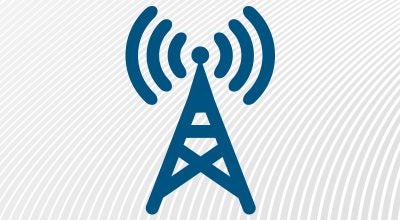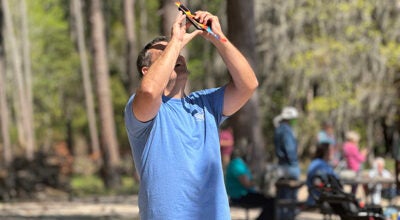County starts mosquito spraying
Published 7:25 pm Tuesday, August 12, 2014
Heavy rains have brought more than a cooling off on the average eastern Carolina day — with them, they’ve brought a rise in the mosquito population. Now Beaufort County Health Department’s Environmental Health Section will begin spraying for mosquitos to curb the problem.
“I’ve seen it a lot worse than it is right now,” said Eugene McRoy, BCHD’s environmental health program specialist. “But you can have them anywhere — folks don’t realize they’re breeding around their houses.”
McRoy said a given location’s rainfall totals and the ability of soil to drain can determine a mosquito infestation, but most who have a mosquito issue aren’t aware that stagnant water trapped in containers commonly found in yards.
“You’ve got to find the sources and get rid of them,” McRoy said. “A couple of little buckets around the back door can make a big mosquito problem.”
BCHD has the following recommendations to help elimination mosquito breeding sites around the home: empty or throw away containers in the yard that can collect water such as tires, buckets, bottles, toys, etc; change water in pet bowls, birdbaths and flower pot saucers at least twice a week; clean clogged rain gutters; repair leaky outdoor faucets; and keep water from accumulating on tarps and boat covers. BCHD also recommends using bio-friendly larvacides, commonly known as “mosquito dunks,” that can be purchased at local garden and hardware stores. Mosquito dunks control larval growth in areas around the home for several weeks without harming other animals, according to a BCHD press release.
Mosquitos are most active from dusk to early evening and from early morning to dawn, so that’s when Beaufort County residents will most likely see spraying trucks on the road. Where they spray depends on the results of mosquito traps set around the county and complaints called in to the health department. Environmental Health staff also encourages anyone who has beehives or newly constructed fishponds to call so the health department can avoid spraying in those locations.
For more information, or to log a mosquito concern, call 252-946-6048.





